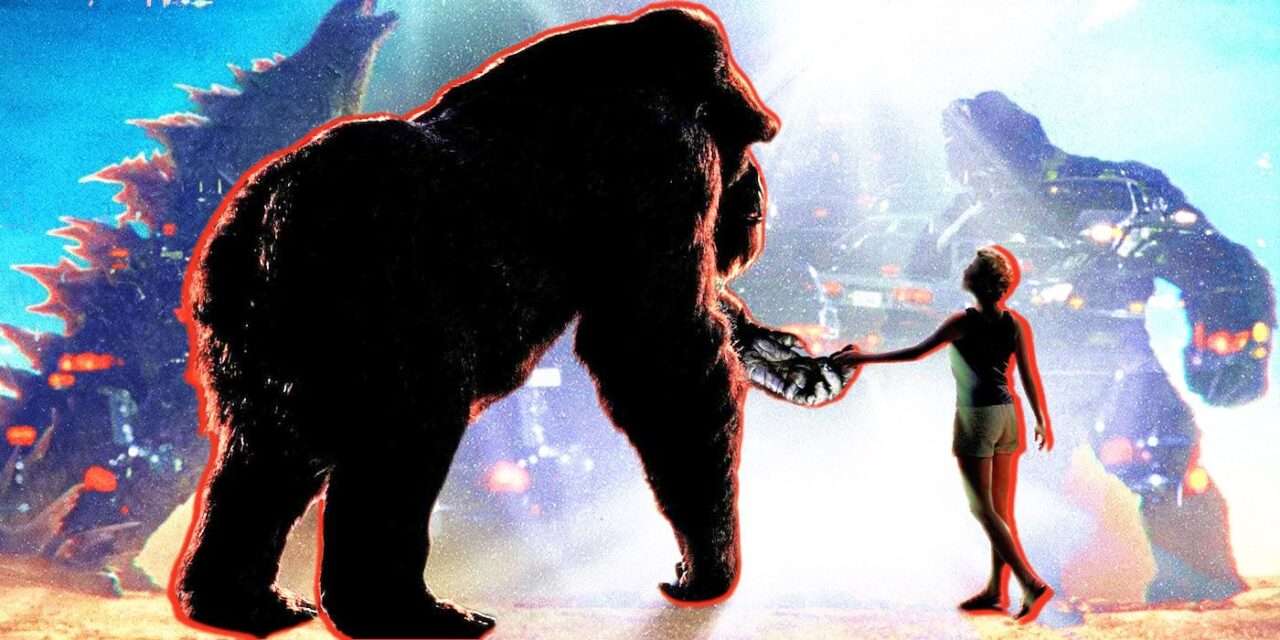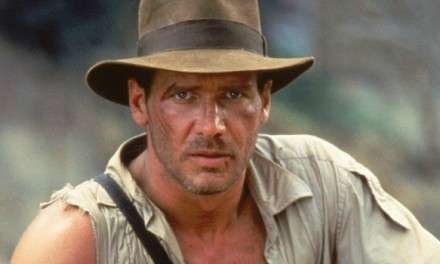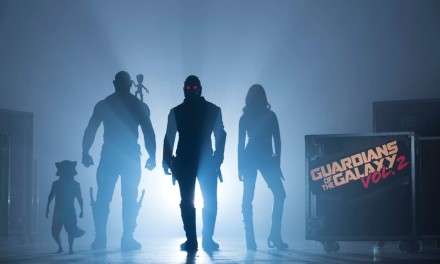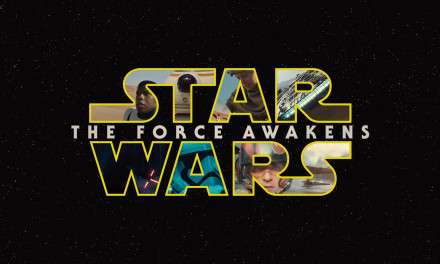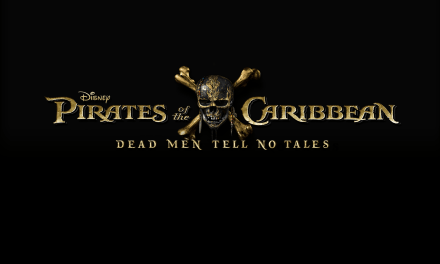The often underappreciated ’90s Disney film, *Mighty Joe Young*, provides a heartfelt and thought-provoking take on the classic King Kong narrative. This charming movie accentuates a poignant bond between humans and a gentle giant gorilla named Joe. Unlike the modern MonsterVerse, which emphasizes spectacular battles and cutting-edge special effects, *Mighty Joe Young* drills down into emotional themes of compassion, loyalty, and the ethical conundrums surrounding captivity and freedom. The tender connection between Jill Young and Joe delivers a rich, nuanced version that breathes fresh life into the legendary tale of King Kong.
Starting in the lush African jungles, we witness a young Jill form a deep friendship with Joe, who grows up to be a colossal but gentle creature. Their idyllic world shatters when Gregg O’Hara, a wildlife refuge owner, persuades Jill to bring Joe to the United States, promising him a safer environment. Once in America, Joe’s enormity and gentle demeanor soon draw both benevolent and malevolent attention, plunging Jill and Gregg into a struggle against those wishing to exploit Joe. The film expertly tackles the tension between Joe’s need for freedom and the human desire to control and capitalize on his uniqueness, creating a moving narrative that’s both stimulating and engaging.
The modern MonsterVerse films, while visually stunning with exciting battles, sometimes lack the emotional depth and character development that *Mighty Joe Young* masterfully achieves. The visual spectacle of these recent films often overshadows the deeper storytelling elements that make the Kong narrative timeless. For example, the MonsterVerse’s rendition of Kong, particularly in *Kong: Skull Island* and *Godzilla vs. Kong*, managed to showcase breathtaking CGI and epic fights but sometimes struggled with coherent character arcs and relatable human stories. The inconsistency in Kong’s portrayal—from a solitary guardian to a combatant in a monstrous hierarchy—can confuse and fragment his character’s emotional resonance.
*Mighty Joe Young* wins accolades not only for its emotional storytelling but also for addressing critical themes about our relationship with nature and the ethical responsibilities it entails. Joe’s displacement from his African home to urban Los Angeles serves as a poignant metaphor for the broader ecological impacts of human encroachment. Jill’s unwavering commitment to Joe highlights a pure, selfless bond that stands in sharp contrast to the exploitative tendencies of the modern world. These moments encourage viewers to reflect deeply on their interactions with the natural world, making *Mighty Joe Young* a standout interpretation of the classic Kong story.
The MonsterVerse might offer jaw-dropping action and stunning visuals, but *Mighty Joe Young* succeeds by weaving a narrative rich with emotional depth and ethical considerations. It compels audiences to ponder their relationship with nature and embrace the moral responsibilities towards it. Here, the spirit of the original Kong narrative is honored and enriched, providing a moving and relevant storytelling experience.
What do you think? Which Kong narrative do you find more compelling—the emotionally rich *Mighty Joe Young* or the action-packed MonsterVerse? Share your thoughts in the comments, and don’t forget to share this story with your friends!

